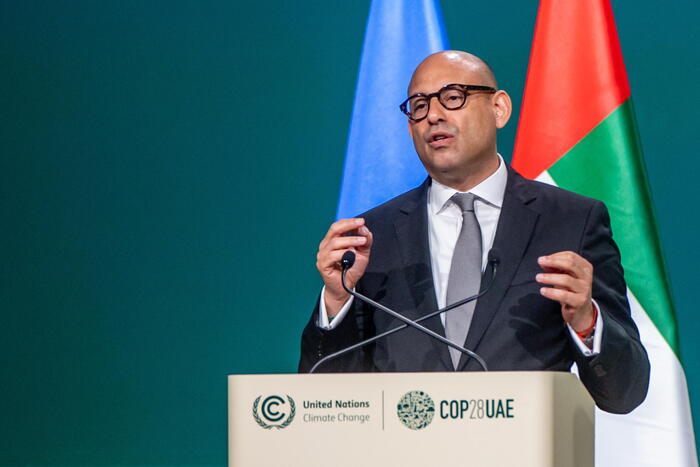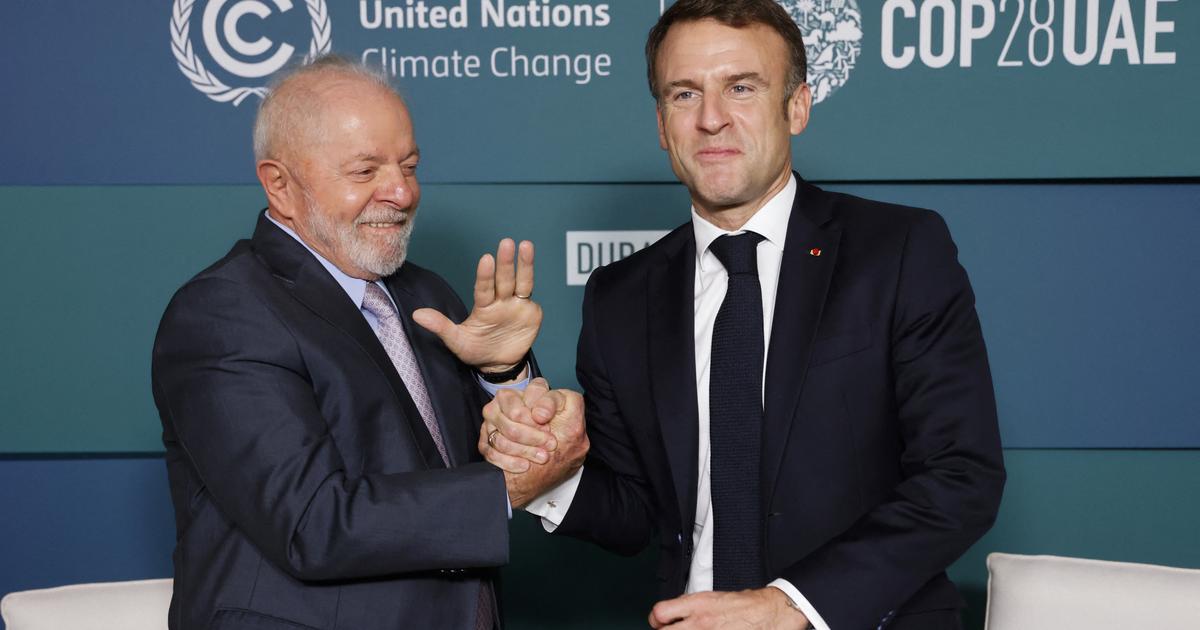After a two-day meeting in Naples, the environment ministers of the G20 countries are going home without an agreement on more ambitious climate targets.
There is “still a lot of persuasion”.
Naples - The dress rehearsal for the World Climate Conference in November went in the pants.
During a two-day meeting in Naples, the G20 ministers for the environment, climate and energy were unable to agree on specific climate targets.
In the joint final declaration, they avoided a commitment to the 1.5 degree target for 2030. Several countries rejected this - and shifted responsibility back and forth.
Although the group was unable to agree on the required climate target, it did reaffirm the Paris climate agreement.
The common goal is to keep global warming well below 2 degrees and to continue efforts to reduce it to 1.5 degrees.
The German Secretary of State for the Environment, Jochen Flasbarth, reported following the meeting about "very difficult negotiations".
G20 meeting: industrialized and emerging countries are responsible for 80 percent of all emissions
The two-day meeting in Naples served, among other things, to prepare for the G20 summit in Rome at the end of October.
UN climate chief Patricia Espinosa warned the industrialized and emerging countries that had come together that they were responsible for 80 percent of all global emissions.
Espinosa therefore called for more determination to be shown at the world climate conference in Glasgow in November.
The G20 group of economically strong countries on all continents includes the USA, China, Russia and Germany.
Italy has the presidency this year.
Germany was represented by State Secretary Flasbarth.
He told the German Press Agency that he still saw a great need for persuasion in emerging countries.
In countries like China, India or Russia there are still very different views on the use of fossil energy.
Paris climate agreement: G20 countries disagree at meeting in Naples
The Paris climate agreement wants to limit global warming to 1.5 degrees. But the earth has already warmed up by around 1.2 degrees compared to pre-industrial times. The consequences: Depending on the region, there are more heat waves and droughts as well as heavy rain, storms, storms and floods. There was also no agreement on conservation efforts. Only “a few” states spoke out in favor of placing 30 percent of land and sea areas under protection by the end of this decade.
Flasbarth said that so far the emerging countries had seen their role primarily in calling on the industrialized countries to do more to protect the climate. That is why the negotiations were very difficult, even if there were positive signals. For the first time, the G20 states "acted as a community of responsibility and formulated the mission to fight climate change together". In addition, everyone has committed to revising their national climate targets by the time the World Climate Conference takes place.
(dpa)









/cloudfront-eu-central-1.images.arcpublishing.com/prisa/DOOQ2YEAZJCSNITR6TA2ARDQT4.jpg)